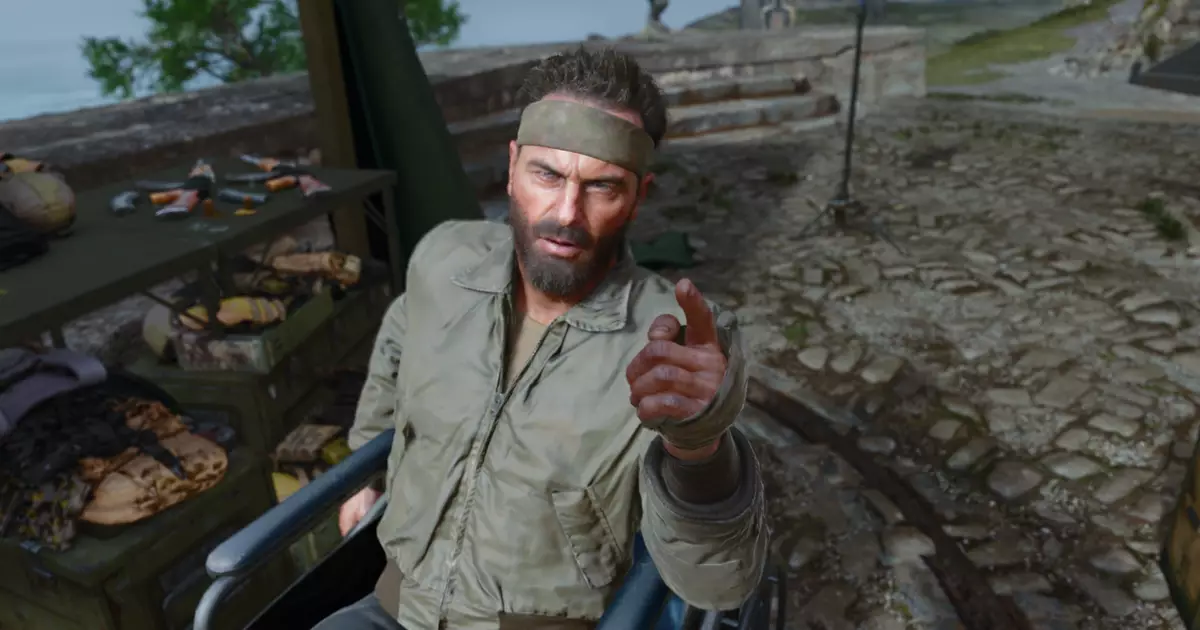In an alarming incident that underscores the risks posed by reckless drone operation, Peter Akemann, a prominent figure in the gaming industry and co-founder of Treyarch, has pleaded guilty to flying a drone into a firefighting plane engaged in critical operations during the Los Angeles wildfires. This occurrence highlights a significant concern for public safety and the proactive measures necessary when drones are in use, especially in emergencies. As wildfires raged in California, the presence of Akemann’s drone not only created a hazardous situation but severely hampered firefighting efforts by grounding essential aircraft.
The collision involved Akemann’s drone and a Government of Quebec’s Super Scooper airplane, which was carrying two crewmembers tasked with controlling the blaze. Akemann lost control of his drone after ignoring temporary restrictions set up for public safety, flying it over 2,500 meters toward the fire. The resulting crash left a considerable hole in the firefighting plane’s left wing, leading to costly repairs estimated at around $65,000, while also putting the lives of the crew at risk.
The aftermath of this incident has led to serious legal ramifications for Akemann. He has agreed to plead guilty to one count concerning the unsafe operation of an unmanned aircraft, typically carrying penalties of up to a year in prison. However, in a plea deal, he is seeking to replace this potential jail time with 150 hours of community service, specifically aimed at supporting wildfire relief efforts. This plea highlights the increasing scrutiny and legal measures being taken against drone operators who compromise the safety of first responders during emergencies.
This case serves as a stark reminder of the risks posed not only to the operatives involved in firefighting but also to the general public. Acting United States Attorney Joseph T. McNally emphasized that such reckless drone activity jeopardizes lives and compromises rescue operations. It reiterates a growing urban discourse around the necessity of stringent regulations governing drone usage, especially in emergency and disaster scenarios.
Adding complexity to the case is the argument from Akemann’s defense team, which cites a potential failure in the geo-fencing feature of his DJI drone, suggesting that technological shortcomings may have contributed to the incident. While this may evoke sympathy, it directs the conversation toward the responsibility individuals have when operating technology that can affect public safety. Drones are powerful tools that, if mismanaged or used irresponsibly, can have grave consequences not just for the operator but for others as well.
The suggestion that Akemann could not fully control his drone due to a malfunction raises questions about the extent of accountability that rests with technology developers and users alike. Notably, drone operators must remain vigilant and educated about their equipment’s capabilities and limitations, particularly in precarious situations where loss of control could result in catastrophic outcomes.
The Broader Context: Community Support and Industry Response
In light of this incident, various organizations and individuals within the gaming community are opting to take active steps to support victims of the wildfires. Humble Bundle, for example, is currently offering collections aimed at assisting those affected by the disaster, while Call of Duty publisher Activision has pledged $1 million for relief efforts. This demonstrates a commendable shift towards using influence and resources for community good.
Such responses underscore the responsibility of industry leaders to create positive impacts in addressing societal challenges. In contrast to Akemann’s irresponsible actions, these collective efforts reflect an understanding that in times of crisis, community support can fuel recovery and rebuild lives.
Ultimately, the incident involving Peter Akemann serves as a pivotal case in understanding the ramifications of drone usage during emergencies. It sheds light on critical issues such as regulatory compliance, technological accountability, and the imperative for community support amidst disasters. As stakeholders in various fields re-evaluate their responsibilities, it is crucial that we implement comprehensive measures to prevent similar occurrences, ensuring both public safety and effective disaster response in an increasingly complex technological landscape. The lessons learned from this case should drive both awareness and reform, paving the way for a more conscientious approach to the use of drones in our airspace.

